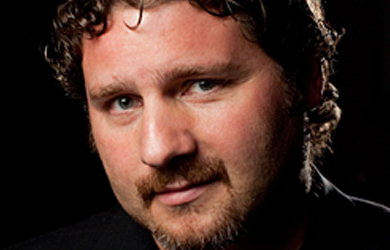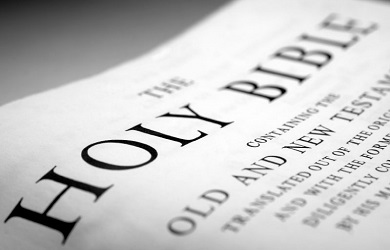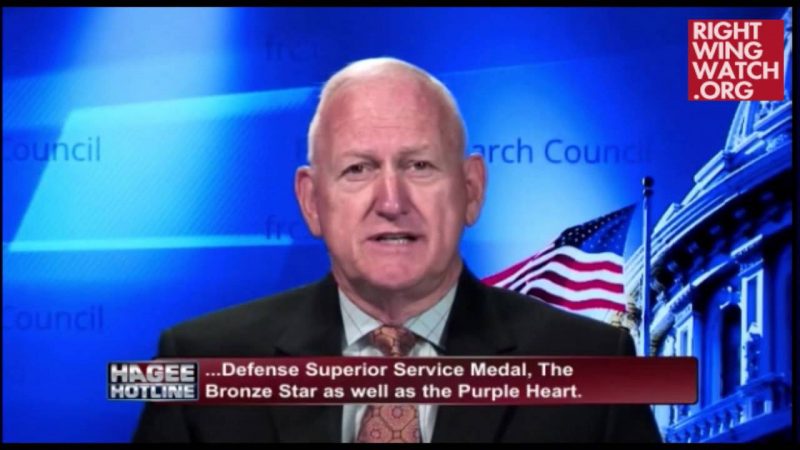The New York Times has published an extensive feature revisiting the unfortunate public battle that emerged last summer over the opening of a charter school offering Arabic language and cultural instruction. As we wrote in September, while 67 other schools in New York City were earning applause for dual-language instruction, the announcement of the Khalil Gibran International Academy resulted in a right-wing backlash that seemed to presume Arab American culture to be of a piece with international terrorism. In the end, a handful of fringe websites and third-string commentators, with promotion by two conservative newspapers, managed to force the resignation of the respected founding principal and to tarnish the new school, essentially sabotaging the first year of the educational effort.
Daniel Pipes led the charge against the school and its architect, Debbie Almontaser. He described to the Times how he sees openly Muslim Americans as posing a new threat, not of violence or law-breaking but of cultural change:
The conflict tapped into a well of post-9/11 anxieties. But Ms. Almontaser’s downfall was not merely the result of a spontaneous outcry by concerned parents and neighborhood activists. It was also the work of a growing and organized movement to stop Muslim citizens who are seeking an expanded role in American public life. The fight against the school, participants in the effort say, was only an early skirmish in a broader, national struggle.
“It’s a battle that’s really just begun,” said Daniel Pipes, who directs a conservative research group, the Middle East Forum, and helped lead the charge against Ms. Almontaser and the school.
In the aftermath of Sept. 11, critics of radical Islam focused largely on terrorism, scrutinizing Muslim-American charities or asserting links between Muslim organizations and violent groups like Hamas. But as the authorities have stepped up the war on terror, those critics have shifted their gaze to a new frontier, what they describe as law-abiding Muslim-Americans who are imposing their religious values in the public domain.
Mr. Pipes and others reel off a list of examples: Muslim cabdrivers in Minneapolis who have refused to take passengers carrying liquor; municipal pools and a gym at Harvard that have adopted female-only hours to accommodate Muslim women; candidates for office who are suspected of supporting political Islam; and banks that are offering financial products compliant with sharia, the Islamic code of law.
The danger, Mr. Pipes says, is that the United States stands to become another England or France, a place where Muslims are balkanized and ultimately threaten to impose sharia.
“It is hard to see how violence, how terrorism will lead to the implementation of sharia,” Mr. Pipes said. “It is much easier to see how, working through the system — the school system, the media, the religious organizations, the government, businesses and the like — you can promote radical Islam.”
Almontaser is suing the city for forcing her resignation, but it’s remarkable that such a small group of people—led by activists like Pipes and Aryeh Spero, who are as a rule ignored—could intimidate New York City, armed only with overactive imaginations and a paranoid suspicion of Muslims.







